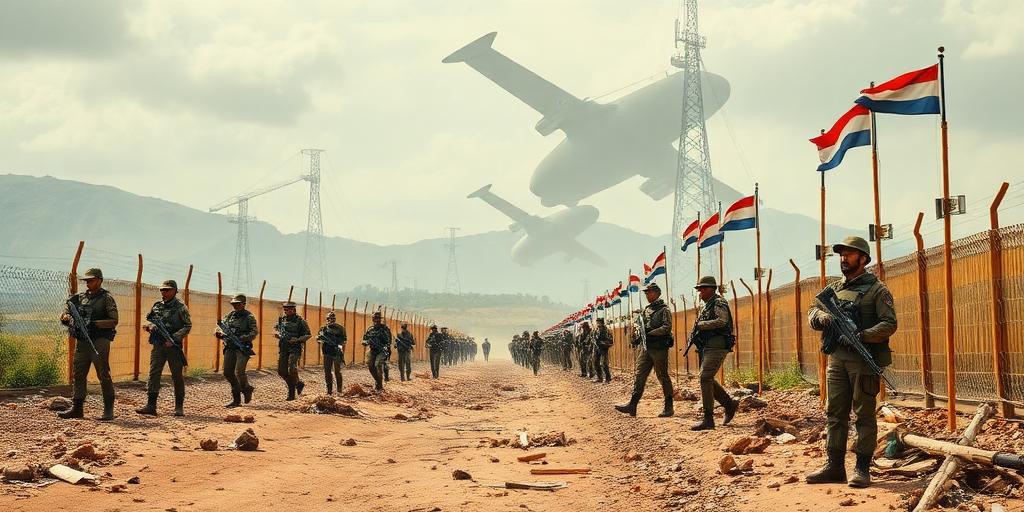Border conflicts are traditionally viewed as disputes between nation-states, but the involvement of non-state actors (NSAs) significantly complicates these conflicts. NSAs, which include armed groups, rebel movements, terrorist organizations, and even multinational corporations, can exacerbate tensions, alter the dynamics of conflict, and pose unique challenges to resolution and peacebuilding efforts. This article explores the multifaceted roles NSAs play in border conflicts, examining their motivations, actions, and impacts.
Armed groups and rebel movements often operate in border regions due to the typically weak governance and security presence. These areas provide safe havens for recruitment, training, and logistical support. The motivations of these groups can range from seeking greater political autonomy or independence to controlling valuable resources such as minerals or narcotics. For example, in regions where ethnic or tribal communities straddle international borders, armed groups may exploit cross-border connections to mobilize support and challenge central governments.
Terrorist organizations also exploit border regions to establish a presence and launch attacks. Porous borders facilitate the movement of fighters, weapons, and funds, making it difficult for states to effectively counter these groups. The involvement of terrorist organizations can internationalize border conflicts, drawing in regional and global powers and further destabilizing the region.
Multinational corporations (MNCs) may also play a role in border conflicts, particularly in resource-rich areas. MNCs seeking to exploit natural resources may collaborate with local actors or governments, leading to displacement of communities, environmental degradation, and increased social tensions. These actions can fuel local grievances and create opportunities for armed groups to exploit the situation.
The impact of NSAs on border conflicts is far-reaching. They can prolong conflicts by providing resources and manpower to warring parties, undermine state authority by challenging the monopoly on the use of force, and complicate conflict resolution efforts by introducing additional actors with diverse interests and agendas. Addressing the role of NSAs in border conflicts requires a multi-faceted approach that includes strengthening border security, improving governance in border regions, addressing the root causes of conflict, and engaging with local communities.









